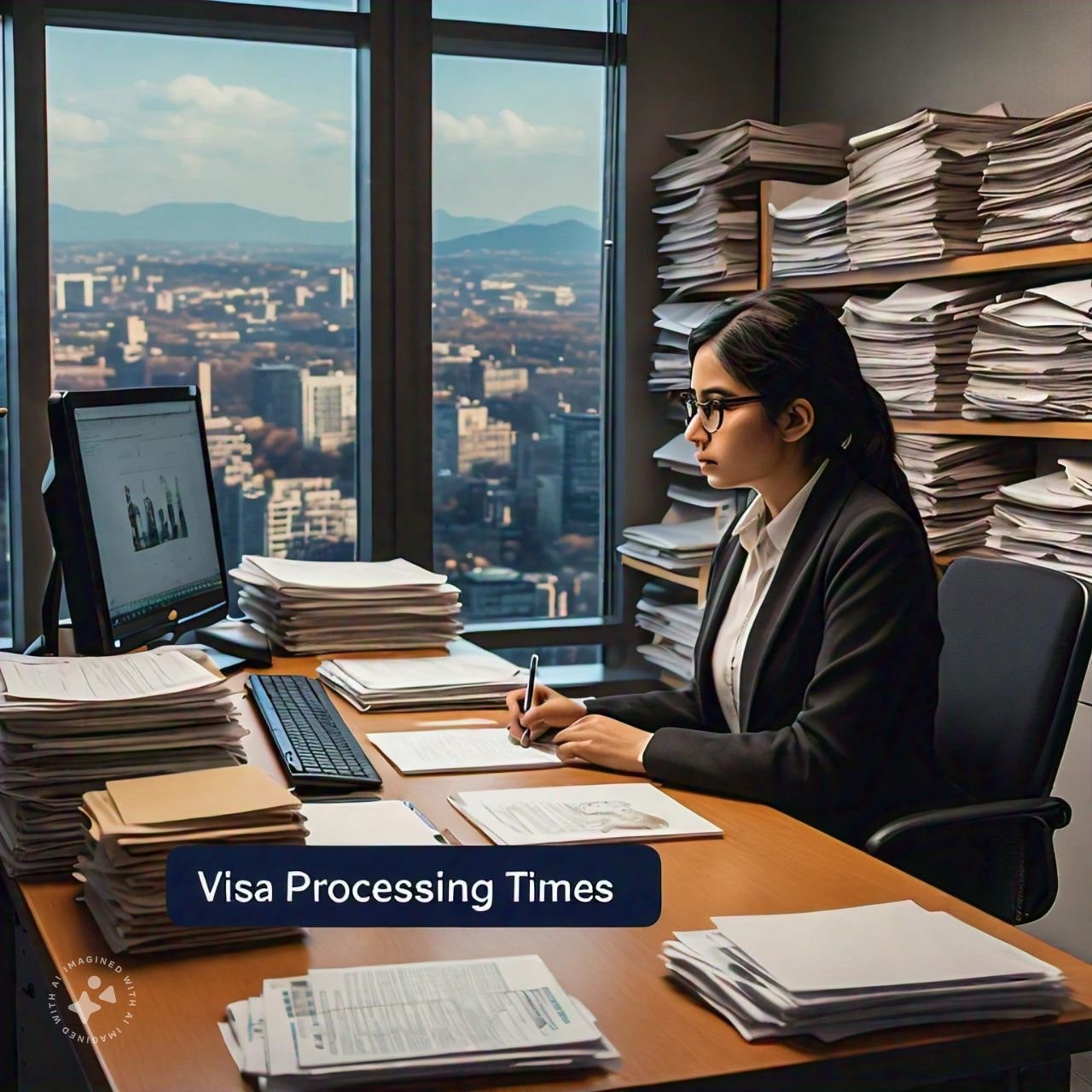1. Introduction
Visa processing times vary depending on several factors, including visa type and nationality. Applicants should always plan ahead to avoid unnecessary delays. Different countries have unique processing timelines, which are influenced by application volume and embassy capacity.
Some visas, like tourist visas, have shorter processing times. On the other hand, work or immigrant visas may take months. Understanding the expected processing time for your specific visa ensures you apply early. Submitting an incomplete or incorrect application can also cause delays.
Applicants can usually track their visa applications online, providing a sense of when to expect approval. Knowing the average processing time allows for better travel preparation. During busy seasons, such as holidays, processing times may extend. Planning ahead prevents last-minute issues and ensures a smooth experience.
In urgent cases, some countries offer expedited services for an additional fee. These services reduce wait times, making them useful for urgent travel needs. Overall, understanding visa processing timelines is critical for managing travel plans. It helps reduce stress and avoid unforeseen delays. This guide will explain how visa processing works and provide tips to speed up the process.
read more : scholarships for engineering students
2. Factors That Affect Visa Processing Times
Several factors influence visa processing times, including visa type, applicant’s nationality, and the embassy’s workload. Different visas require different processing steps, which can cause variations in time. Tourist visas are often processed faster, while work or immigrant visas may take longer.
The embassy or consulate’s application volume also affects processing times. High demand during peak travel seasons often leads to delays. Holidays and local events can also extend processing times as embassies may operate with reduced staff.
Additionally, incomplete or incorrect applications result in longer processing times. Missing documents or errors often require additional steps, such as resubmission. Some applications require background checks, which can further slow the process.
The applicant’s nationality may influence the processing time as well. Some countries prioritize certain nationalities, while others may face additional scrutiny. This affects the overall timeline, making it essential to check processing estimates before applying.
Expedited processing options exist in many countries, usually for an extra fee. These services help reduce waiting times in urgent cases. Overall, applicants must consider these factors when planning their visa application. Understanding these elements ensures smoother and faster visa approval.


